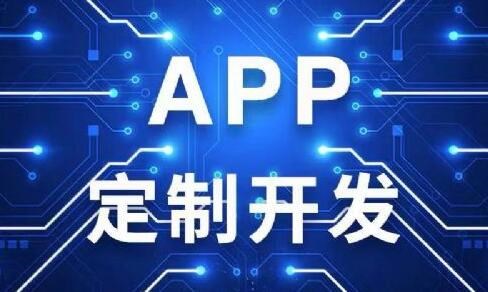中文化、本土化、云端化的在线跨平台软件开发工具,支持APP、电脑端、小程序、IOS免签等等
App Development: Principles and Detailed Introduction
Introduction:
App development, short for application development, refers to the process of creating software applications specifically designed to run on mobile devices such as smartphones and tablets. In this article, we will delve into the principles and provide a detailed introduction to app development.
Principles of App Development:
1. Define the Purpose: Before starting the development process, it is crucial to define the purpose of the app. Whether it is for entertainment, productivity, or communication, understanding the app's purpose will guide the development process.
2. User-Centric Approach: Successful app development requires a user-centric approach. It involves understanding the target audience, their needs, preferences, and pain points. User research, surveys, and feedback play a vital role in designing an app that meets user expectations.
3. Platform Considerations: Mobile app development involves choosing the right platform(s) for deployment. The two dominant platforms are iOS (Apple) and Android (Google). Developers often choose to develop for both platforms, using different programming languages and software development kits (SDKs).
4. Design and User Experience: The design and user experience (UX) of an app significantly impact its success. A visually appealing and intuitive interface, smooth navigation, and seamless interactions contribute to a positive user experience. Design elements should align with the app's purpose and target audience.
5. Development Tools and Technologies: App development requires familiarity with various tools and technologies. These include integrated development environments (IDEs) such as Xcode (for iOS) and Android Studio (for Android), programming languages like Swift, Objective-C, Java, and Kotlin, and frameworks like React Native and Flutter for cross-platform development.
6. Backend Development: Many apps require server-side functionality to store and retrieve data. Backend development involves creating the server-side infrastructure, APIs (Application Programming Interfaces), and databases. Popular backend technologies include Node.js, Ruby on Rails, and Django.
7. Testing and Quality Assurance: Thorough testing is essential to ensure the app's functionality, performance, and security. Various testing techniques, such as unit testing, integration testing, and user acceptance testing, help identify and fix bugs before the app's release. Quality assurance processes ensure the app meets industry standards.
8. Deployment and App Store Guidelines: Once the development and testing phases are complete, the app needs to be deployed to the respective app stores (e.g., Apple App Store, Google Play Store). Each platform has specific guidelines and requirements for app submission, including app metadata, screenshots, and privacy policies.
Detailed Introduction to App Development:
App development involves a series of steps, including ideation, UI/UX design, coding, testing, deployment, and maintenance. Let's explore each step in detail:
1. Ideation: This phase involves brainstorming and conceptualizing the app idea. It includes defining the app's purpose, target audience, and unique selling points. Market research and competitor analysis help validate the idea's feasibility.
2. UI/UX Design: The design phase focuses on creating wireframes and mockups that outline the app's visual and interactive elements. It involves designing the app's user interface, navigation flow, and interactions. Prototyping tools like Sketch and Adobe XD assist in visualizing the app's design.
3. Coding: Once the design is finalized, developers start coding the app's frontend and backend. The frontend development involves writing code to create the user interface and implement the app's functionalities. Backend development involves creating server-side logic and integrating APIs.
4. Testing: Testing is an iterative process that ensures the app functions as intended. It involves various types of testing, such as functional testing (ensuring each feature works correctly), performance testing (measuring speed and responsiveness), and security testing (identifying vulnerabilities).
5. Deployment: After successful testing, the app is ready for deployment. For iOS, developers need to enroll in the Apple Developer Program, create certificates, and submit the app for review. Android apps are uploaded to the Google Play Console, where they undergo a review process before becoming available to users.
6. Maintenance: App development is an ongoing process, and regular maintenance is essential to keep the app up to date. Maintenance involves bug fixes, feature enhancements, and compatibility updates with new operating system versions.
Conclusion:
App development is a complex and iterative process that requires a solid understanding of principles, tools, and technologies. By following a user-centric approach, designing an intuitive user experience, and leveraging appropriate development tools, developers can create successful apps that meet user expectations. Regular testing, adherence to app store guidelines, and continuous maintenance ensure the app's longevity in the dynamic mobile app market.





